Teenage Drinking and Drug Use: 6 Tips for ‘The Talk’
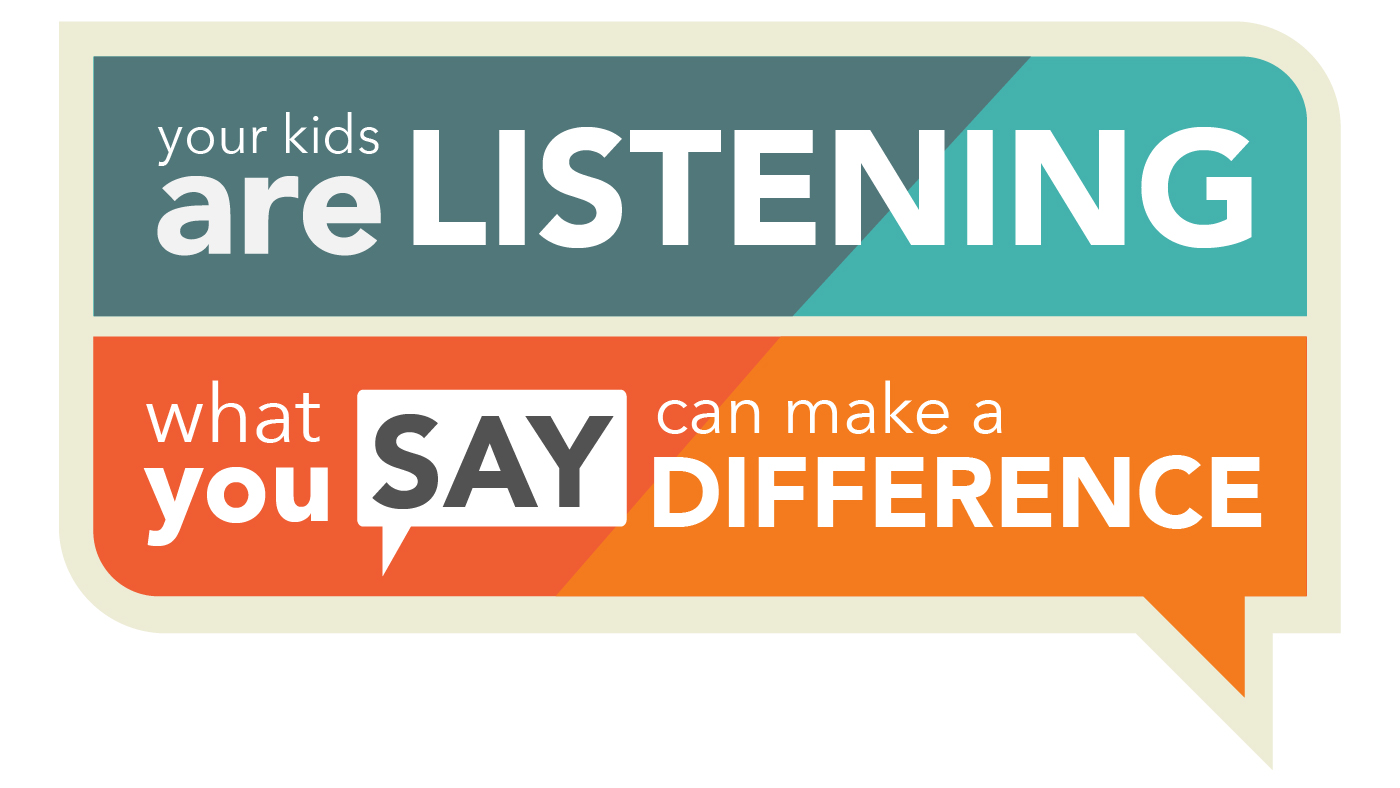
Here’s a sobering fact for parents: According to AAA’s 2018 Teen Survey, 87 percent of teens say they believe their peers are likely to drive impaired instead of calling a parent or guardian for help. The reason? They’re afraid of getting into trouble.
But that fear could lead to an even bigger danger. Car crashes are the leading cause of death among teens, and about a quarter of those crashes involve an underage impaired driver, according to the National Highway Traffic Safety Administration.
That’s why it’s so important for parents to have open and honest conversations with their kids about teenage drinking and drug use—although it can be a tough topic to tackle. Here are a few tips to help you get started:
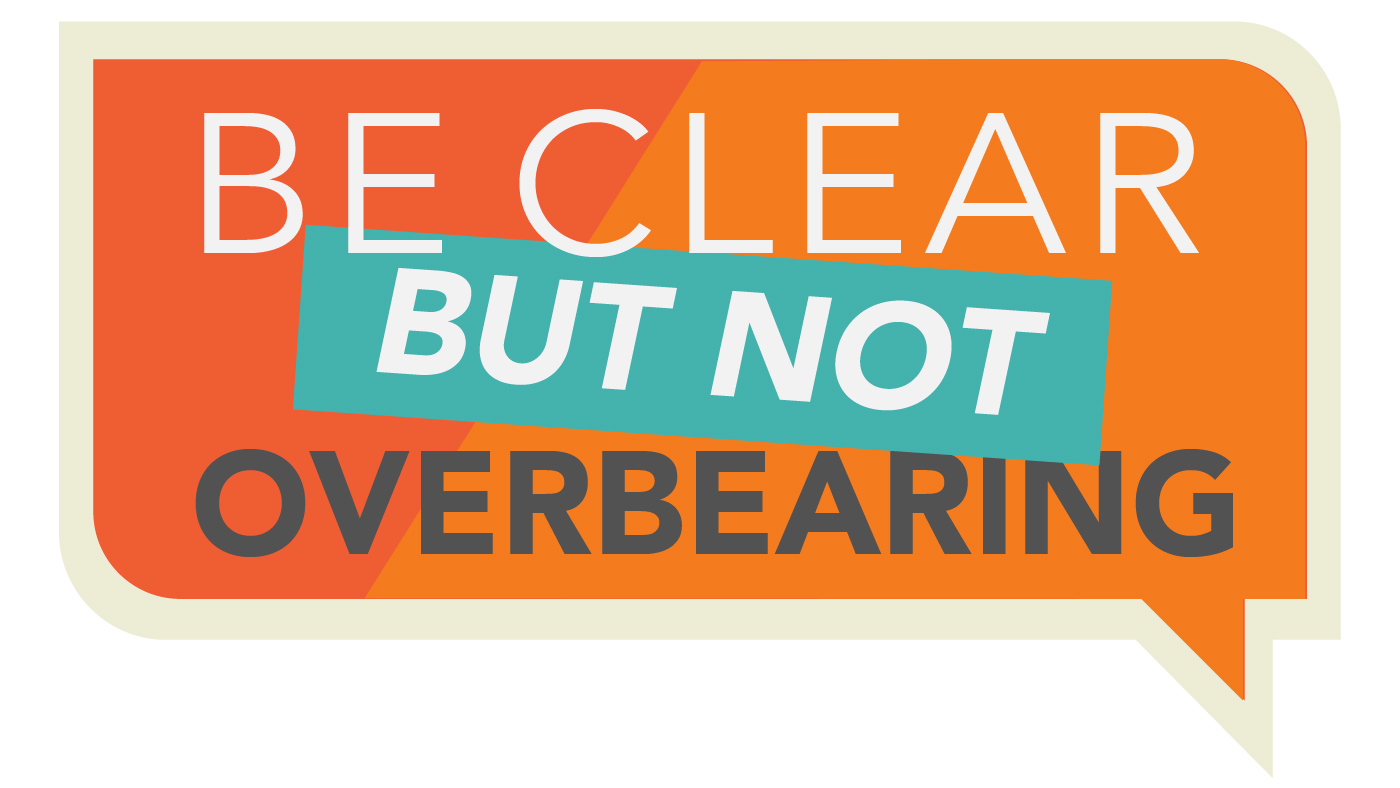
Set some boundaries with your teen, and make sure they understand the reasons for not using alcohol or drugs along with the consequences of such risky behaviors. Don’t preach or use scare tactics: Taking a more understanding approach will foster a more productive conversation about teenage drinking and drug use.
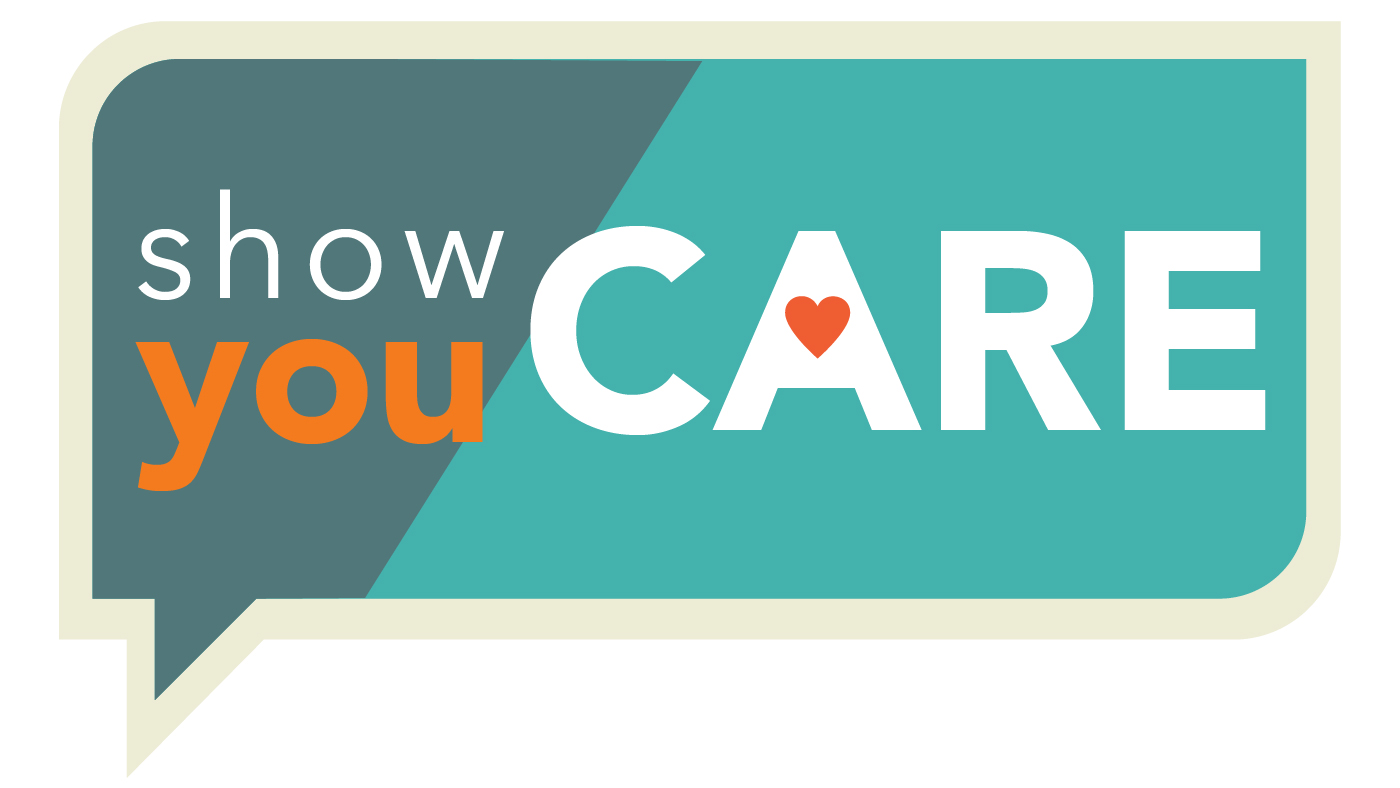
Make sure your teen knows that your top priority is protecting his or her health and safety—not simply keeping your teen from having fun. Emphasize how teenage drinking and drug use can affect things that are important, such as sports, driving, health and appearance.
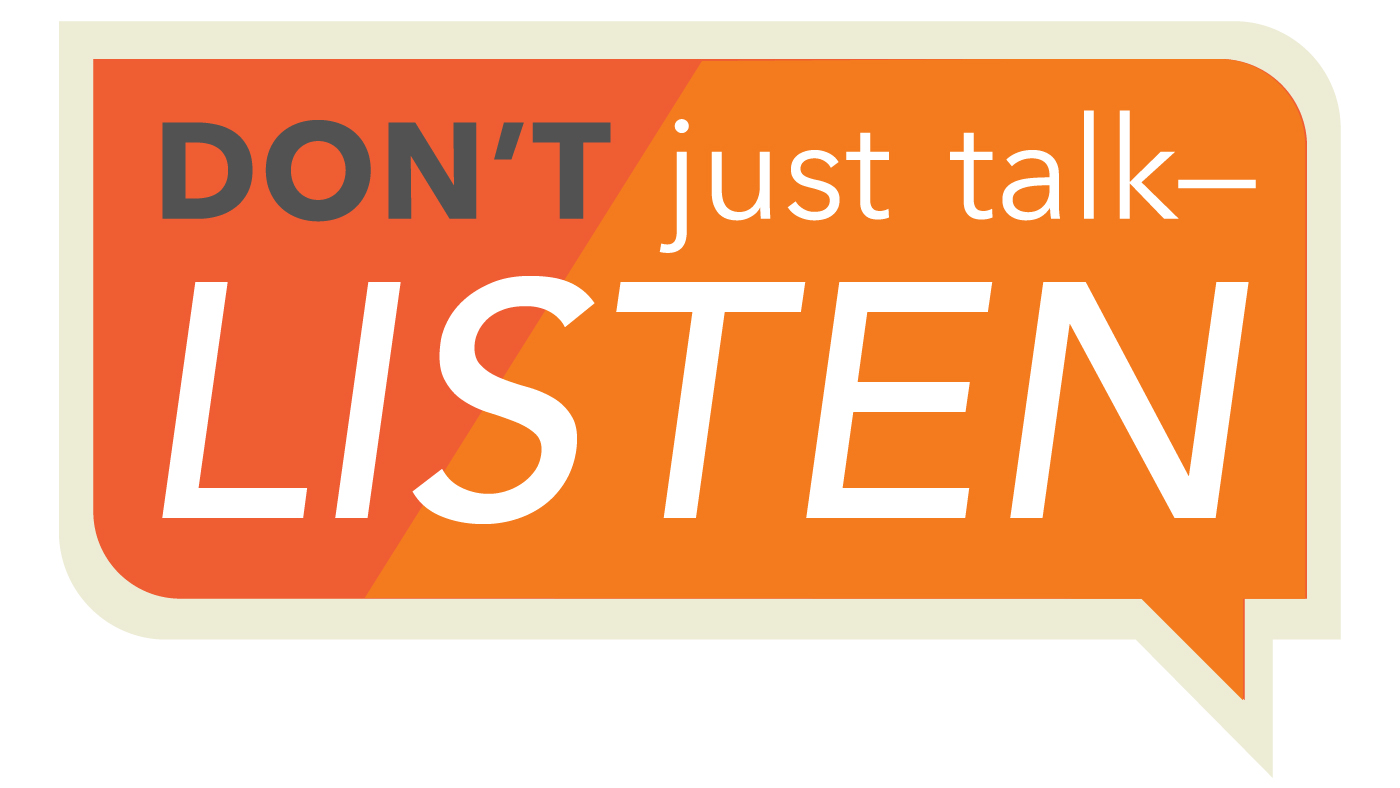
Ask your teens what they think about teenage drinking and drug use:
- What concerns you?
- What are your friends saying?
- Have you encountered situations where you were unsure of what to do?
Listen to their opinions and assure them that they can be honest with you. And pay attention to what your teen says and does (and who they hang out with), so you’ll be more able to notice any signs of potential trouble.
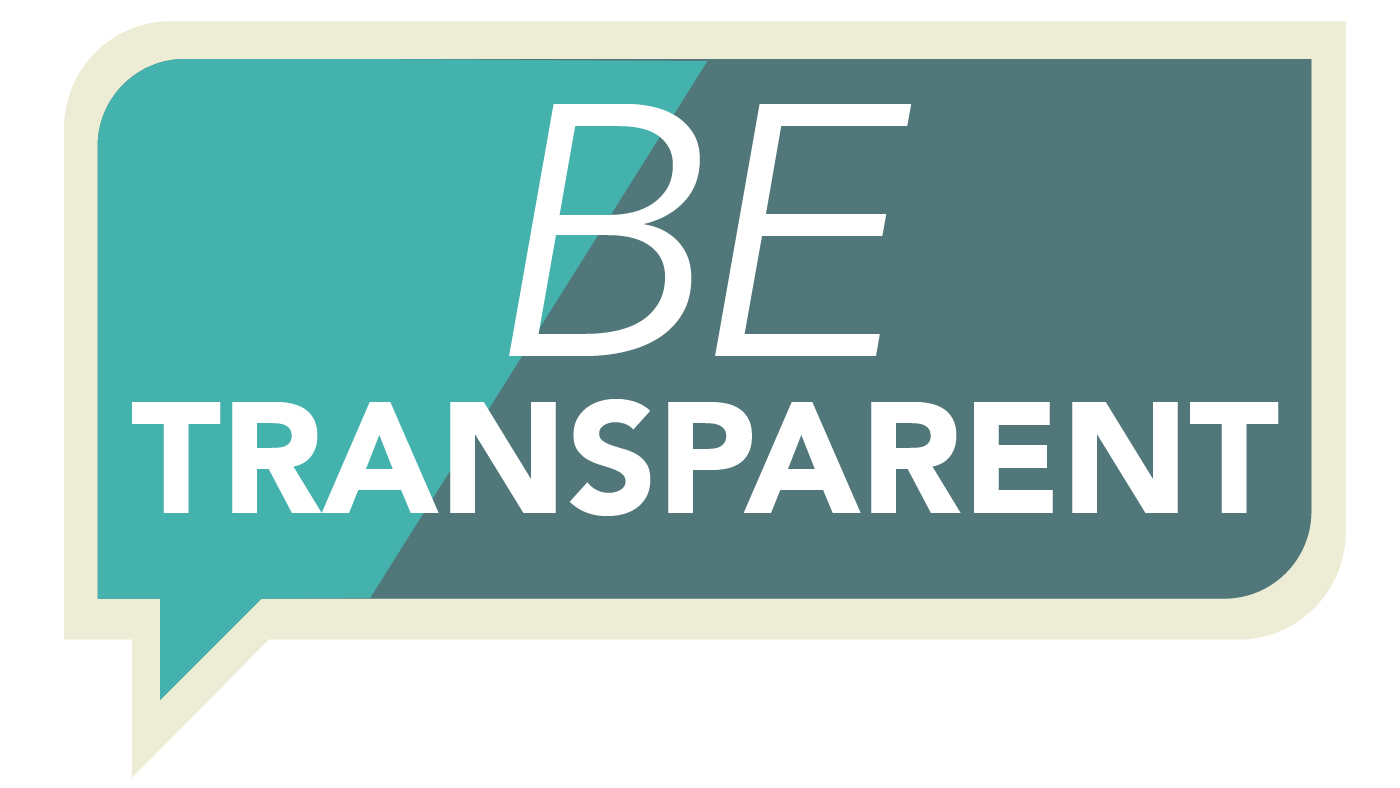
Think about how you’ll respond if your teen asks about your experience with alcohol and other drugs as a teenager. If you chose not to drink alcohol or use other drugs, explain why. If you did drink or use other drugs, share what the experience taught you.
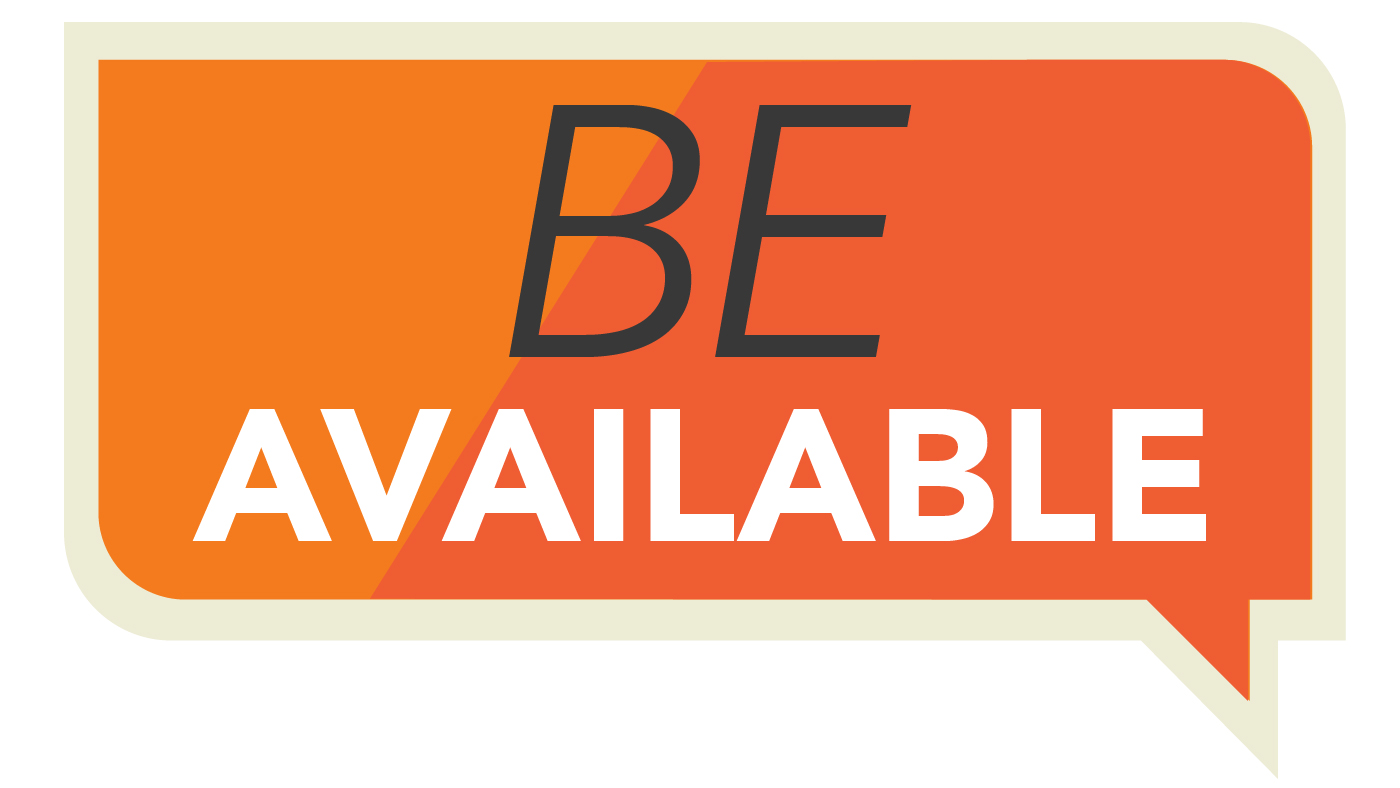
Your teen may not be ready or eager to ask questions during a formal conversation, so make sure they know you’ll be there to answer any questions they may have later. And assure them that they can always call on you for a ride if they find themselves in a situation where they don’t feel safe.
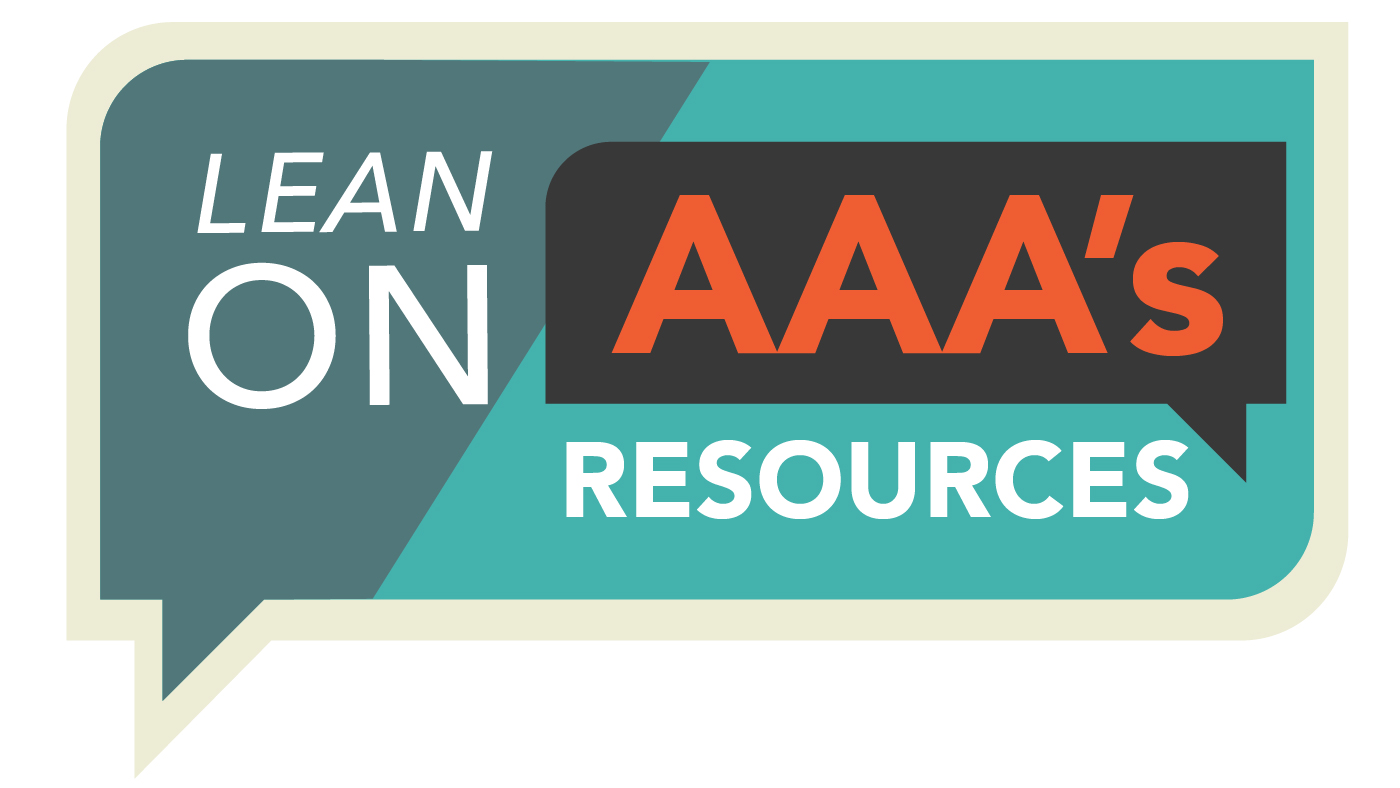
AAA offers a number of resources to help you and your children learn more about the dangers of teenage drinking:
- AAA PROMise: The AAA PROMise program provides a free tow home for the family vehicle if your teen reaches out to you because he or she can’t drive. The goal is to get parents and young drivers talking about the dangers of underage drinking and impaired driving—especially during prom and graduation season when a lot of teen-related crashes occur.
- AAADrive: The AAADrive tool on the AAA Mobile app lets parents monitor their teen’s driving—right from their smartphone. Parents can set a maximum speed limit, times of day when their teen is allowed to drive and even a geographical boundary of where they can go—and they’ll get alerts when teens exceed any of those limits.